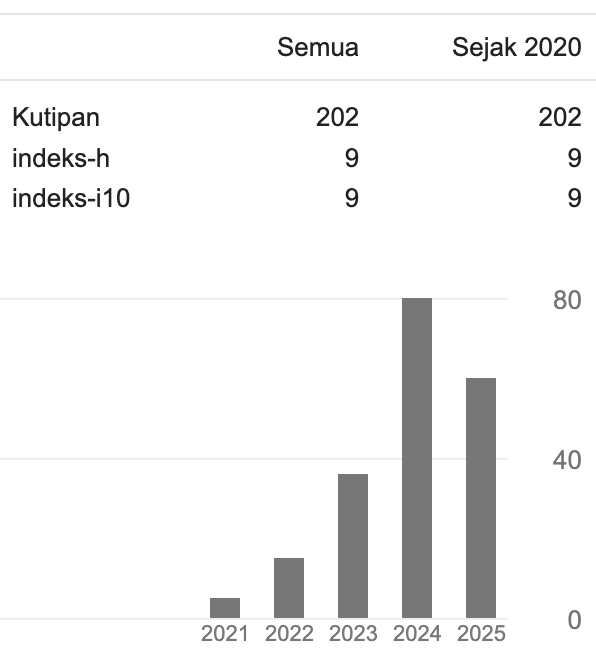Revealing the Factors of Accounting Fraud in Islamic Banks: The Role of Unethical Behavior as an Intervening Variable
Abstract
Islamic banks have undergone significant growth, particularly in Southeast Asia, the Middle East, and North Africa, in line with rising public trust in Sharia principles. However, this expansion faces challenges such as operational risks, including accounting fraud. Fraud, a major concern for the banking industry, has been prevalent in both conventional and Islamic financial institutions, threatening their credibility. This study investigates the factors influencing accounting fraud in Islamic banking, focusing on unethical behavior as an intervening variable. Using a quantitative approach with Partial Least Squares (PLS) analysis, the study examines the relationships between internal control systems, compensation, compliance with accounting rules, management morality, and accounting fraud. The sample consists of employees from Bank Syariah Indonesia (BSI) in Samarinda. The results show that unethical behavior significantly mediates the relationship between internal controls, compensation, and management morality with accounting fraud. Strong internal controls and management morality are found to have a significant negative effect on unethical behavior, which in turn reduces the likelihood of accounting fraud. These findings emphasize the importance of robust internal systems and ethical management in preventing fraud in Islamic banking
Copyright (c) 2024 Kunuz: Journal of Islamic Banking and Finance

This work is licensed under a Creative Commons Attribution 4.0 International License.













